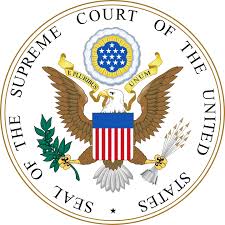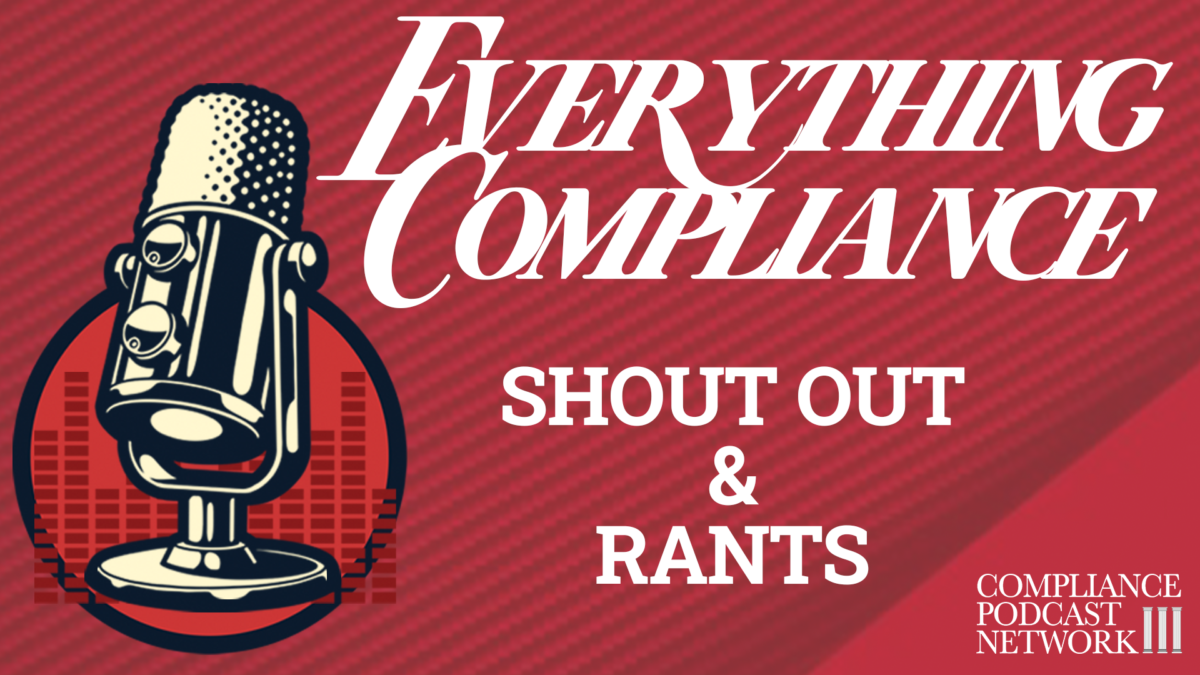Recently, the Supreme Court delivered several rulings that have caught the attention of compliance professionals. This blog post will dissect these rulings and explore their implications for corporate compliance. Matt Kelly and I took a deep dive into this week’s Compliance into the Weeds to see if you prefer the audio format.
- Jarkesy Decision: SEC and In-House Tribunals
The Jarkesy decision ruled that the SEC cannot use in-house tribunals for enforcement proceedings, mandating that cases be brought to federal court. This ruling is likely to have a minor impact from a compliance perspective. Here’s why:
Federal Court Preference: For severe charges under the Foreign Corrupt Practices Act (FCPA), the SEC has historically opted to bring cases to U.S. district courts. These cases typically involve criminal charges, and the SEC has not utilized in-house tribunals for FCPA enforcement in over a decade.
Corporate vs. Individual Defendants: The ruling primarily benefits defendants who can now have their cases heard in federal court instead of administrative tribunals. However, for corporate compliance officers, this distinction is largely irrelevant. Corporate cases are typically resolved in federal courts through settlements without the need for protracted legal battles.
- Loper Case: Overturning the Chevron Doctrine
The Loper case overturned the Chevron doctrine and is another landmark decision. The Chevron doctrine allowed courts to defer to agency interpretations of ambiguous statutes. Here’s what this means for compliance:
Guidelines vs. Rules: Compliance officers should understand that DOJ guidelines for effective compliance programs are just guidelines, not rules. These guidelines are not subject to Chevron’s deference and are regularly updated to reflect best practices.
Practical Impact: Eliminating Chevron’s deference might make it more challenging for agencies to introduce new rules without facing legal challenges. However, this does not directly impact existing guidelines or enforcement practices related to corporate compliance.
Increased Litigation Risk: Future regulations may face more scrutiny and litigation, potentially leading to increased enforcement of existing rules rather than creating new ones. Compliance professionals should prepare for more rigorous enforcement actions based on current regulations.
- Snyder Decision: Federal Anti-Corruption Law
The Snyder decision narrowed the scope of federal anti-corruption law, particularly concerning bribes paid to state and local officials. This ruling has some interesting implications:
Case Background: The case involved the former mayor of Portage, Indiana, who awarded a contract to a specific company and later received a $13,000 consulting fee as a reward. The Supreme Court ruled this as a gratuity rather than a bribe, complicating enforcement under federal anti-corruption laws.
Corporate Compliance Concerns: While this ruling applies to state and local officials, compliance officers must remain vigilant about maintaining clear anti-corruption policies. The ruling doesn’t directly affect the FCPA, which targets foreign officials, but highlights the importance of robust internal controls and transparent record-keeping.
Ethical Implications: Compliance programs should continue emphasizing ethical behavior and avoiding corruption, whether labeled as a gratuity or a bribe. The moral imperative against corruption remains unchanged despite legal nuances.
The recent Supreme Court decisions may not drastically alter corporate compliance programs’ day-to-day operations, but they highlight the evolving legal landscape that compliance professionals must navigate. Here are some key takeaways:
- Stay Informed: Regularly update your knowledge of legal developments and understand their potential impact on your compliance program.
- Focus on Ethics: Reinforce the ethical foundation of your compliance efforts. Emphasize that any corrupt behavior, whether technically legal or not, is unacceptable.
- Prepare for Increased Scrutiny: With the potential for more litigation around new regulations, ensure your compliance program is robust and well-documented. Be ready to demonstrate your commitment to ethical practices and effective compliance.
- Engage with Legal Experts: Work closely with legal counsel to interpret these rulings and adjust your compliance strategies accordingly. Legal guidance is crucial in navigating complex regulatory changes.
In conclusion, while the Jarkesy, Loper, and Snyder decisions may seem weighty, their direct impact on corporate compliance programs is limited. However, they serve as a reminder of the dynamic nature of compliance and the need for ongoing vigilance and adaptability. By focusing on ethical behavior and maintaining strong internal controls, compliance professionals can continue to safeguard their organizations against legal and reputational risks.





